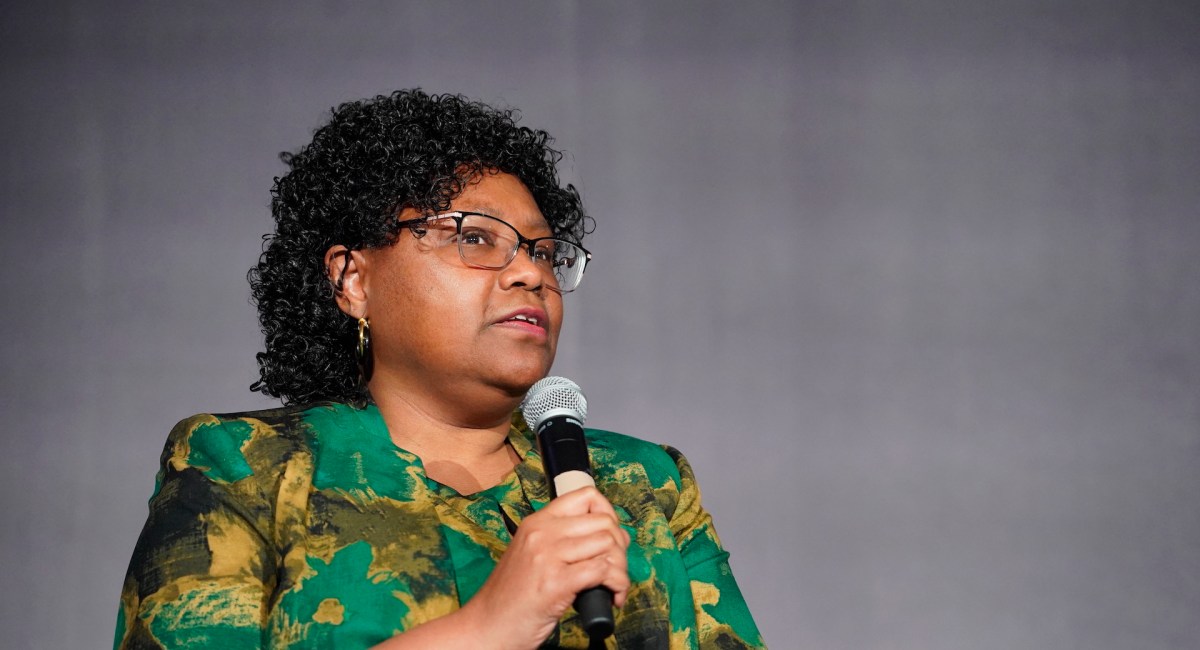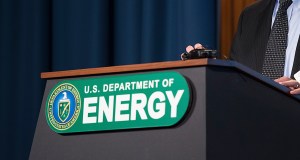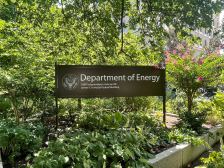Energy Department launches council to coordinate AI activities

The Department of Energy established the Artificial Intelligence Advancement Council earlier this month to coordinate funding and development of algorithms and hold agencies accountable for how they are used.
A lean team consisting of five members, AIAC will quickly approve task forces, implementation plans and organizational changes for the AI & Technology Office, DOE Executive Secretariat, and AI Program Committee to execute.
DOE stood up the Responsible and Trustworthy AI Task Force ahead of AIAC’s first meeting, tentatively planned for June, to suggest departmental principles and practices, particularly around equity and ethics.
“We are very mindful of the fact that there are activities and initiatives that are underway, as well as initiatives that should be considered, in AI space,” AITO Director Pamela Isom told FedScoop. “And we’re also needing the support at the level that the council brings.”
As AITO director, Isom will have a seat on AIAC along with the following officials: under secretary for science and innovation, under secretary for nuclear security and administrator of security administration, Office of the General Counsel general counsel, and Office of Intelligence and Counterintelligence director. The two under secretaries will serve as council co-chairs.
One of the goals of the council is to hold agency leaders accountable for how their departments use AI, as well as overseeing the work of practitioners and researchers.
Meanwhile AIPC will consist of DOE agencies with an interest in AI that will help AIAC identify new task forces and implement solutions, like those in the climate and clean energy domains.
Both domains present opportunities for AI partnerships between AIAC and agencies within and outside DOE, industry and academia. DOE wants to replicate and tailor other agencies’ AI best practices, Isom said.
The National Nuclear Security Administration is also involved with AITO in standing up AIAC, though decisions surrounding it are more sensitive and therefore confidential, Isom said.
The Responsible and Trustworthy AI Task Force is already meeting, and the initial set of principles, practices and activities it suggests to AIAC will be taken up at the council’s first meeting.
“We need better AI independent verification and validation processes,” Isom said. “We need to improve the test processes.”




